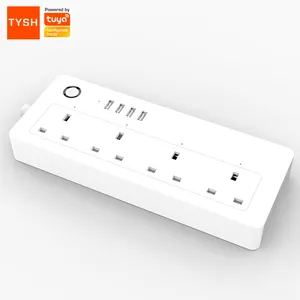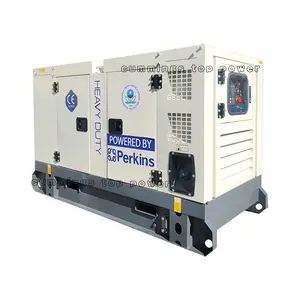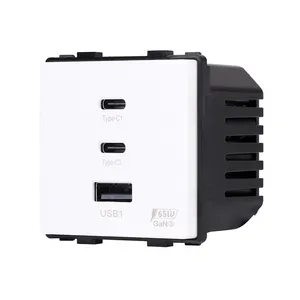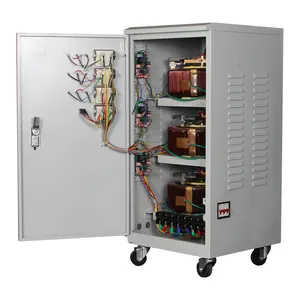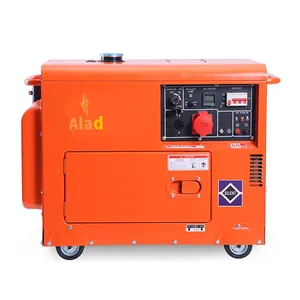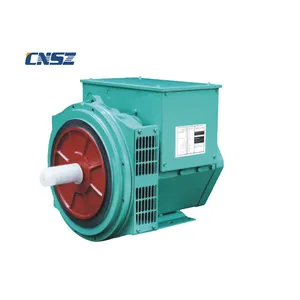








KRIPAL 6H 16a公插头IP67防水连接器交流2P + E 3P 4Pin 230V 400V欧洲标准工业插头和插座
¥9.46 - ¥12.57
最小起订量: 10 pieces
每件装运: ¥19.21



CEE KRIPAL 6H 16A电气插头230V 400V工业插头3P 4 5Pin公IP44,用于冷藏箱电气插座
¥7.66 - ¥10.62
最小起订量: 10 pieces
每件装运: ¥19.21






IP44 KRIPAL 32A工业壁挂式插头插座3相连接器交流230V 400V船用电气插头和插座,适用于3 4 5P
全球批发
¥15.53 - ¥18.78
最小起订量: 5 pieces
每件装运: ¥44.48






KRIPAL 6H 16a公插头IP67防水连接器交流2P + E 3P 4Pin 230V 400V符合欧洲标准的工业插头和插座
¥9.46 - ¥12.57
最小起订量: 10 pieces
每件装运: ¥25.49












CEE KRIPAL 6H 16A电气插头230V 400V工业插头3P 4 5Pin公IP44,用于冷藏箱电气插座
¥7.66 - ¥10.62
最小起订量: 10 pieces
每件装运: ¥22.32












IP44 KRIPAL 32A工业壁挂式插头插座3相连接器交流230V 400V船用电气插头和插座,适用于3 4 5P
¥14.81 - ¥17.77
最小起订量: 10 pieces
每件装运: ¥35.24


















IP44 KRIPAL 32A工业壁挂式插头插座3相连接器交流230V 400V船用电气插头和插座,适用于3 4 5P
¥14.81 - ¥17.77
最小起订量: 10 pieces
每件装运: ¥35.24


















KRIPAL 6H 16a公插头IP67防水连接器交流2P + E 3P 4Pin 230V 400V符合欧洲标准的工业插头和插座
¥9.46 - ¥12.57
最小起订量: 10 pieces
每件装运: ¥26.00






CE KRIPAL 63Amp 63A工业连接器IP67欧洲插头插座3针3P + E 400V欧盟插头电气插座
全球批发
¥49.82 - ¥60.65
最小起订量: 5 pieces
每件装运: ¥76.25






CEE KRIPAL 6H 16A电气插头230V 400V工业插头3P 4 5Pin公IP44,用于冷藏箱电气插座
¥7.66 - ¥10.62
最小起订量: 10 pieces
每件装运: ¥22.32












德国市场KRIPAL IP44 3针4p 5针防水CEE工业插头和插座16A 32A 63A 230V 400V连接器开关
¥8.02 - ¥74.37
最小起订量: 2000 pieces
每件装运: ¥23.33






欧洲市场KRIPAL IP67 CEE 3针4极5针防水工业插头和插座16A 32A连接器开关,适用于230V 400V
¥9.75 - ¥128.52
最小起订量: 2000 pieces
每件装运: ¥23.33












KRIPAL UKS3-B IP67工业插座2P + E 125A 230V面板安装插座母插头,符合欧洲标准
全球批发
¥68.60 - ¥79.43
最小起订量: 5 pieces
每件装运: ¥120.29
关于kripal插头
阿里巴巴(Alibaba.com)提供几种类型的kripal插头供受信任的供应商销售,以确保高质量的产品和出色的结果。它们经久耐用,确保耐用性和最佳性能。最受欢迎的产品是kripal插头,按钮和其他开关。它们在数据通信,工业厂房和设备,重型车辆和娱乐系统中具有多种应用。由于它们被广泛用于电气开发,因此它们的长度和尺寸各不相同。
kripal插头设计用于控制单个开关即可实现大量电路。与其他开关相比,它们具有多个优点,因为它们可以停在不同的位置。他们也可以在一个开关中发生多个接触。阿里巴巴提供各种类型的执行器,这些执行器具有不同的执行器样式,适用于适当的环境条件。购物者可以选择预编程的开关或标准开关,也可以选择密封或未密封的开关。
kripal插头的制造遵循采用高质量原材料和最新技术的行业标准。易于使用和舒适的设计使功能便利,可以完成快速任务。定制设计旨在提供便利和最佳性能。每种产品都是为特定目的而设计的,并表现出卓越的性能。
购物者可以使用全面的目录,其中包含有关每个kripal插头的详细信息。通过全球供应商,阿里巴巴是寻找满足购物者需求的最合适商品的理想场所。它们以行业领先的价格提供,并保证最佳性能。
